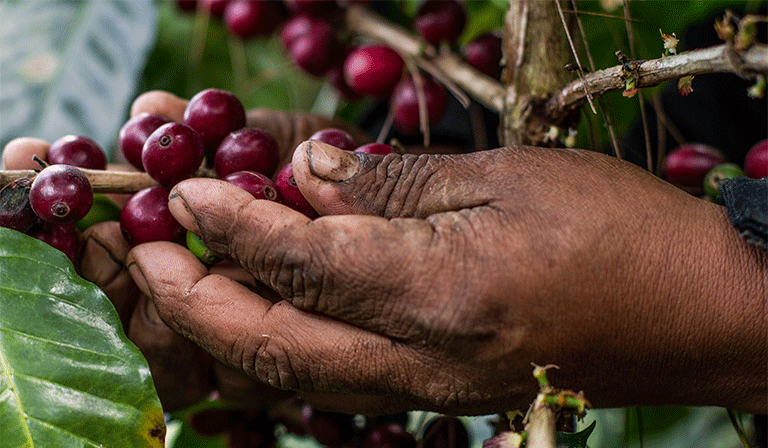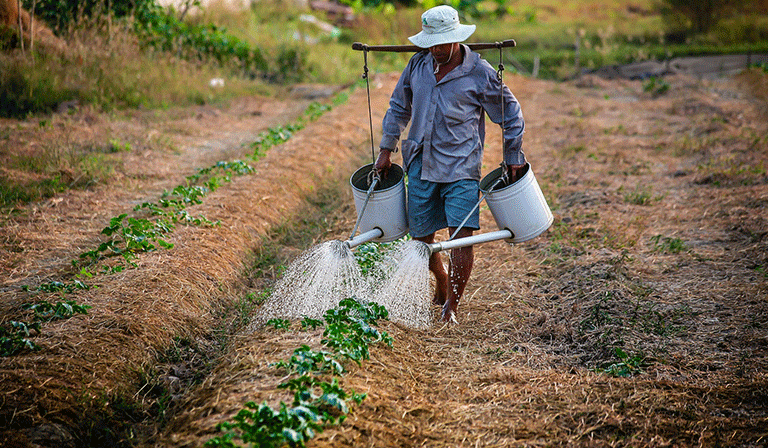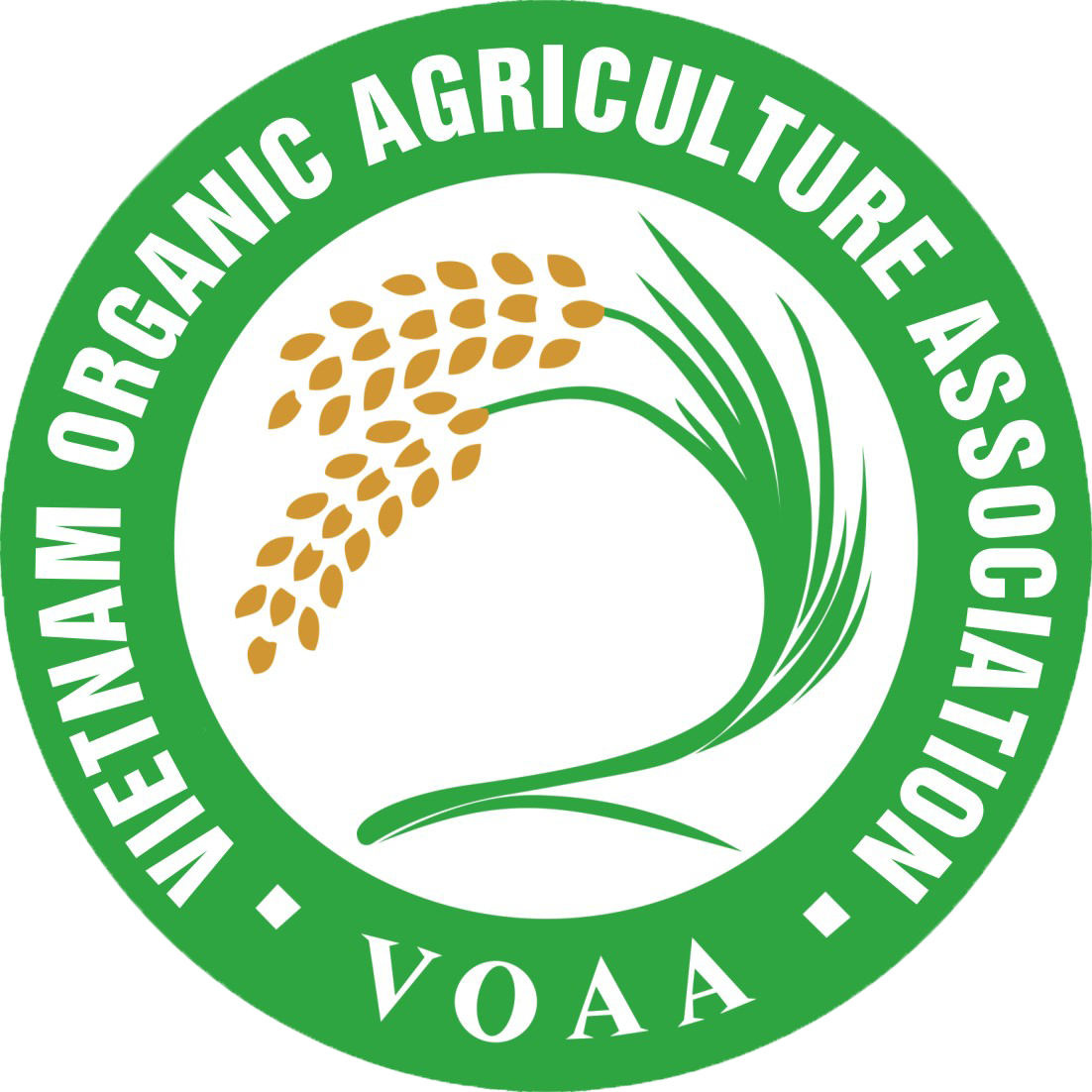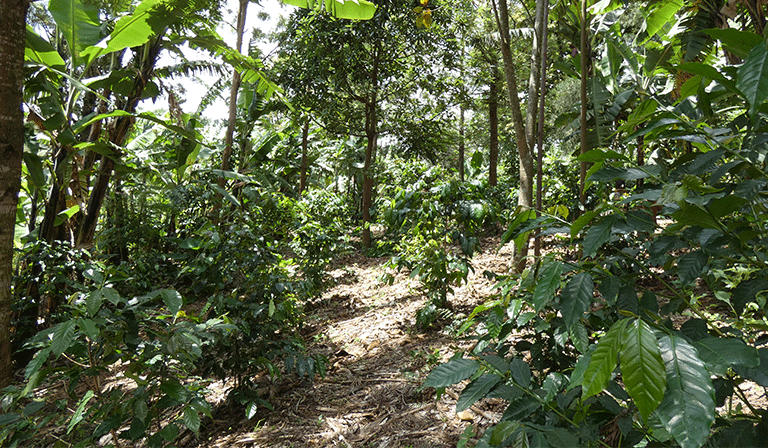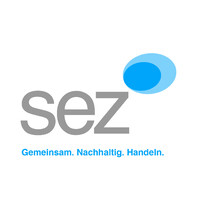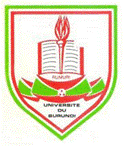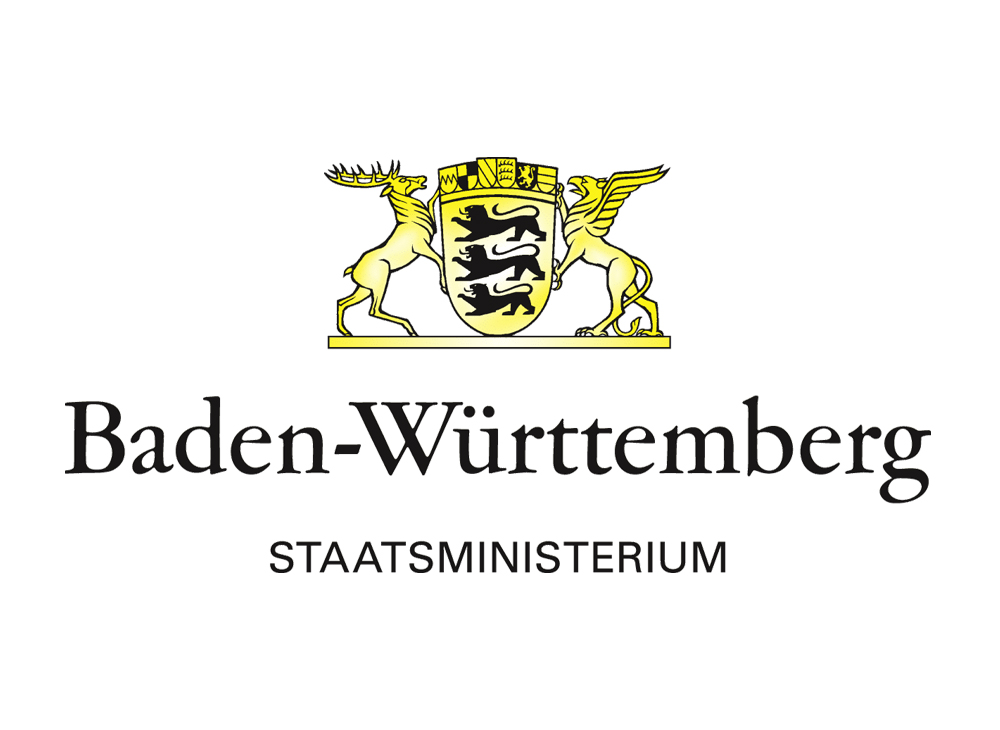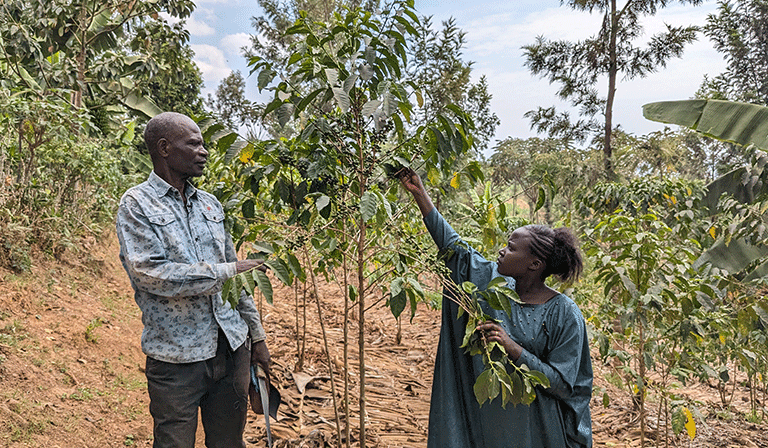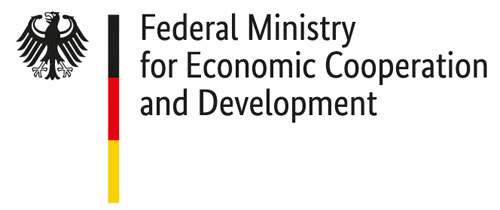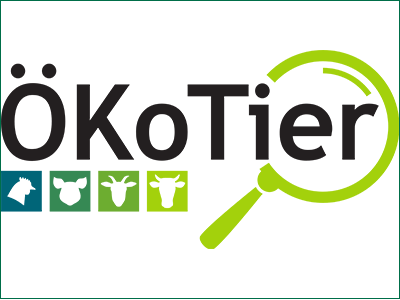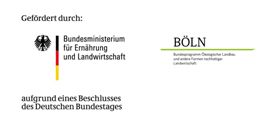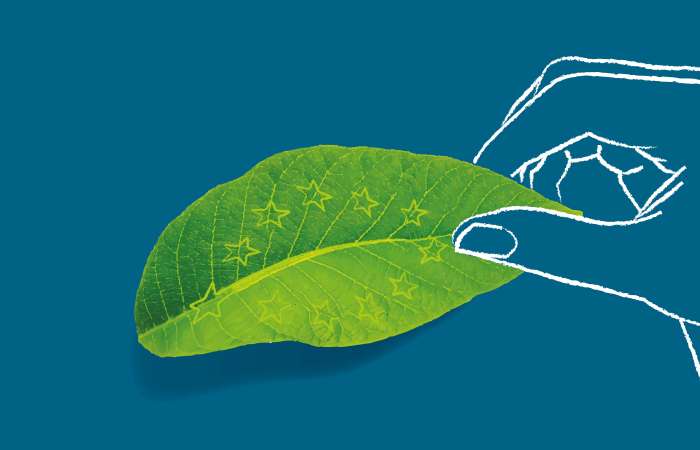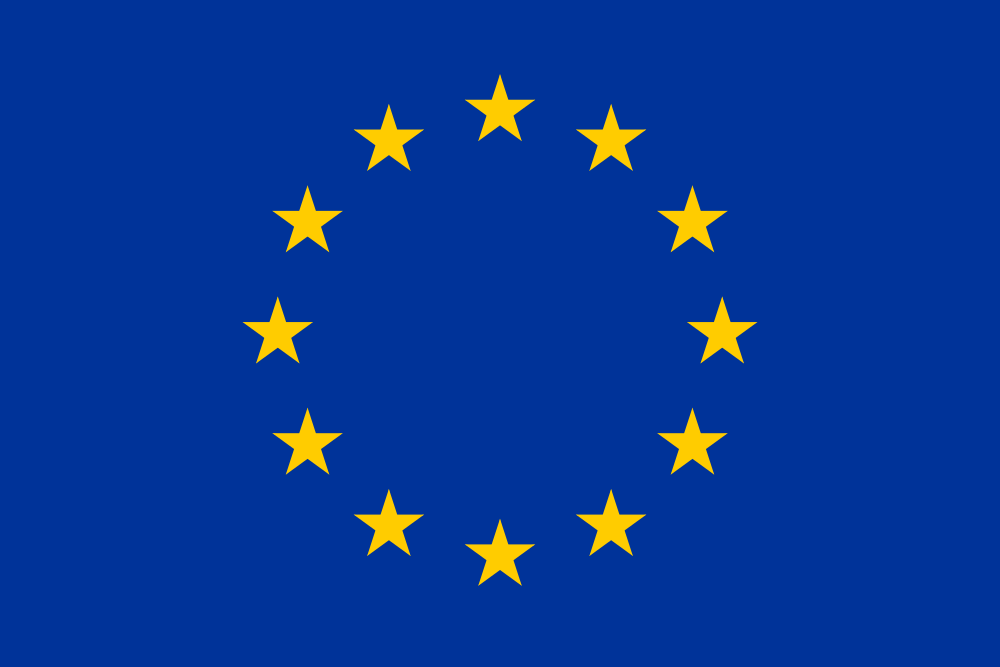Job Partnership with Rwanda
- Intro (Pagebuilder-Pages): The project helps to improve the livelihood of Rwandan coffee farmers and to promote new employment opportunities through organic agroforestry coffee systems.
Project
Job Partnership with Rwanda
International Commitment
Job Partnership with Rwanda
Better livelihoods for organic coffee growers and climate-risk mitigation through enhanced organic agroforestry systems and fair trade
Agriculture is the backbone of Rwanda’s economy. The sector employs approximately 70% of the population, mostly smallholder farmers with less than one hectare organized in cooperatives. The Government of Rwanda recognizes agriculture as a key driver of economic growth and poverty reduction. A National Coffee Strategy honors the fact that coffee is a major export crop in Rwanda and accounts for about 20% of the country's total exports. The Government of Rwanda also actively promotes organic farming.
Despite significant progress, a number of challenges remain for Rwanda's agricultural sector in general, and for organic coffee farmers in particular. Through this project, Naturland will help coffee growers in Rwanda address key challenges - including climate resilience, soil protection, gender equality and income security.
Following a fact-finding mission, Naturland selected seven Rwandan coffee-growing companies and cooperatives as project partners. These seven partners will be supported in their conversion towards organic agroforestry systems. The project is designed to achieve a broad impact:
- The over 100 current employees of the seven partners will benefit from qualification measures and better job security.
- The over 3,600 member farmers working with the seven partners will benefit from improved working conditions due to higher social and fair-trade standards.
- Due to the value added by converting to higher organic and fair trade standards, additional employment opportunities will be created. Special attenion will be given to job opportunities for women and young people.
- The seven partners will receive help in establishing new tree nurseries. Coffee-shading (crop) trees will be planted on over 300 hectares of smallholder farmer land. This will provide farmers with additional income, capture CO2, mitigate soil erosion and boost local biodiversity.
- Promoting on-farm composting will improve soil fertility, climate resilience and productivity.
The project is supported by the Special Initiative “Decent Work for a Just Transition” of the German Federal Ministry for Economic Cooperation and Development (BMZ) which is implemented by the Deutsche Gesellschaft für Internationale Zusammenarbeit (GIZ) GmbH, among others. The Special Initiative, which also operates under the brand Invest for Jobs, aims to team up with companies to create good jobs and improve working conditions and social protection in its eight partner countries in Africa, including in Rwanda.
Duration: 2023 – 2025 (21 months)
Organic specialty coffee from agroforestry systems in Rwanda
Contact
Projects
Funding

© Header Image: Naturland




